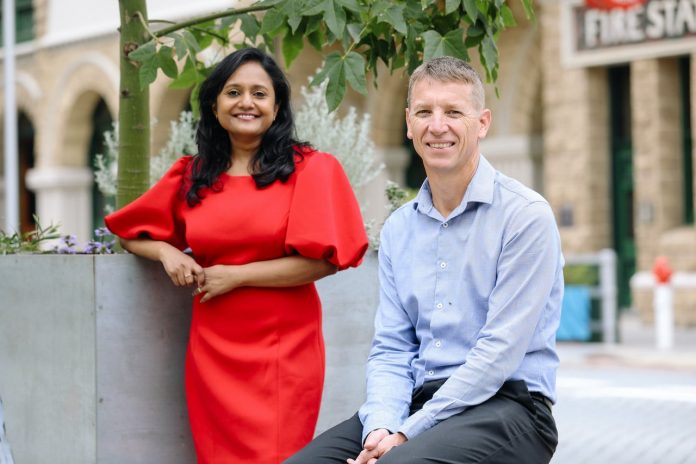
Volunteers for a new trial of the effect of improved hearing on reducing the risk of dementia will receive new top-of-the-range hearing aids to keep after the trial is complete.
The Ear Science Institute of Australia is part of a wide-scale effort to understand the relationship between hearing and cognitive skills. Key research questions are: What cognitive skills are associated with hearing loss? Does hearing loss contribute to a reduction in cognitive skills, perhaps even leading dementia? And, will the use of a hearing aid or hearing implants prevent the loss or restore cognitive skills?
Previous studies have shown self-reported hearing loss is strongly linked to risk of disability, dementia, and depression, but not mortality. This trial takes the research a stage further.
The Ear Science team aims to use their findings to try to interrupt cognitive decline by improving hearing through hearing instruments and implants and inspiring people to get their hearing tested and to adopt hearing aids earlier as they age.
The Hearing and Cognition Trial will look into how memory and cognitive skills can decline in seniors with hearing loss who are also at risk for dementia.
Team leader Dr Dona Jaykody says this trial differs from previous research.
“We are assessing non-verbal as well as verbal hearing ability unlike other trials. Our subjects all have some measure of cognitive decline, so they are at greater risk of proceeding to dementia.
“In addition we shall be carrying out scans to see what changes are taking place in the structures of our volunteers’ brains.”
Dr Jayakody speculates that the possible reason that untreated hearing loss leads to cognitive decline is that people with poorer hearing are constantly trying to fill the gap of words they did not hear properly.
“The increased effort of listening may overload cognitive capacity,” she said.
All participants will receive free hearing aids for the duration of the project (two years) and they will be able to keep them after the project ends. The control group will receive exactly the same hearing aids and level of care as the intervention group, but their fitting appointment will be delayed by a year.
The hearing aids are amongst the top of the range of aids with expensive technology designed to cancel feedback and extraneous sounds to improve clarity in noisy situations.
This could be a good opportunity for some HAGN readers who cannot afford hearing aids containing high-end technology to obtain them.
Potential participants will be invited to attend a screening appointment where their hearing will be assessed and they will complete a memory/cognition questionnaire. If they are accepted into the trial then they will need to attend research appointments every six months for two years.
Volunteers must be 70 years or older and experiencing age-related hearing loss in both ears, not caused by illness or injury. They must not have previously worn hearing aids and have not been diagnosed with dementia or other serious neurological conditions.
Pensioners are eligible for the Australian Government Hearing Services program, but they are only provided with a basic model. Different types of hearing loss require different hearing aids. Some of the basic models pensioners are eligible for won’t suit their hearing loss at all. In this case, the more expensive models of hearing aids are worth the higher price.
Royal Perth Hospital Grant Foundation has just given a grant of $600K, to kick start the hearing and cognition trial.
To be part of the trial contact Research assistant Jennifer Marks on 6457 0530 or email jennifer.marks@earscience.org.au.


































